Princess Margaret’s brutal reaction to finding out Elizabeth would be Queen revealed
Princess Margaret failed to congratulate Elizabeth when she discovered she would be Queen, according to royal insiders
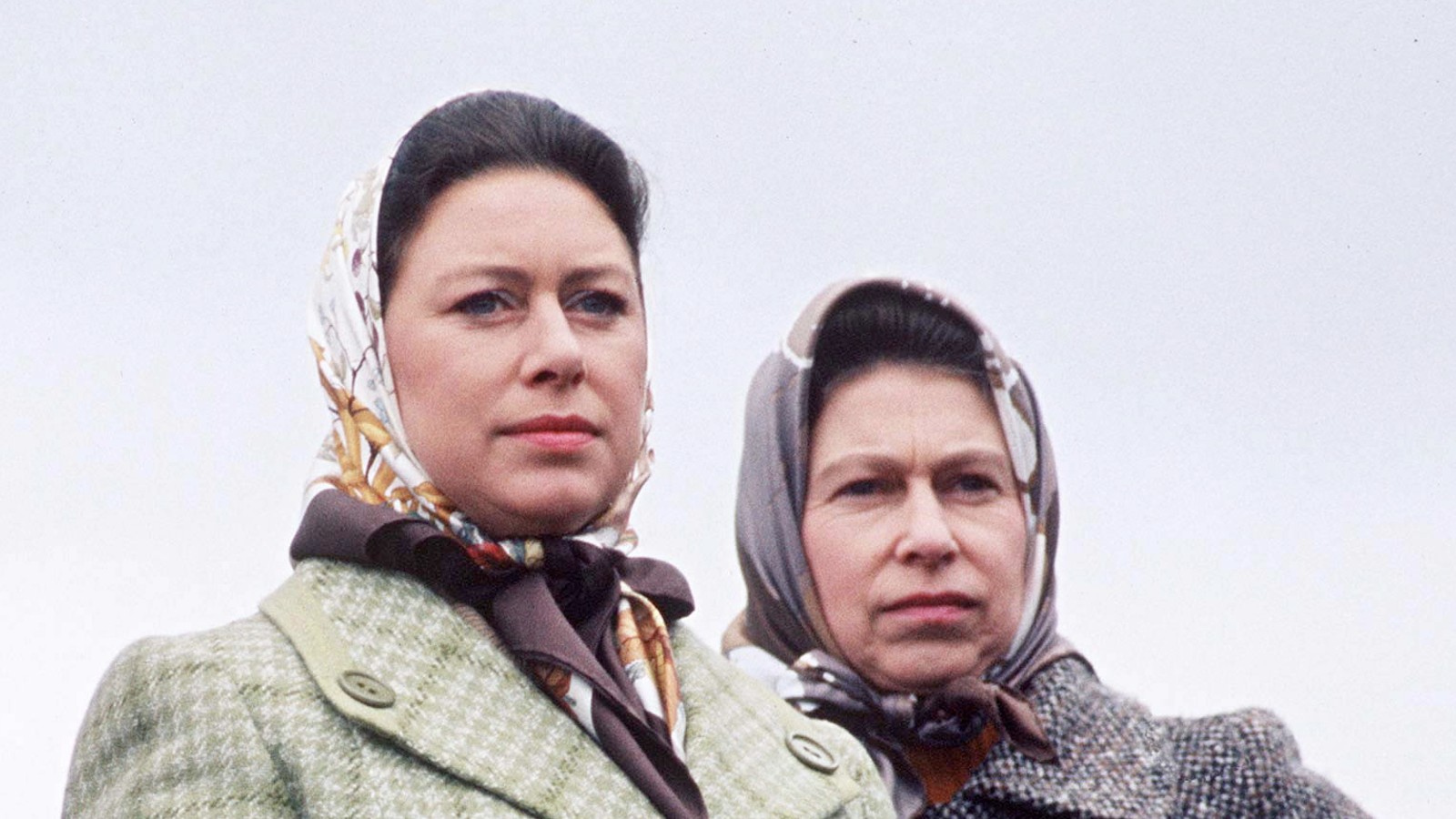
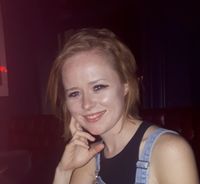
Princess Margaret's reaction to finding out that her big sister, Princess Elizabeth, would be Queen was far from congratulatory.
- Princess Margaret reportedly had a brutal response when she found out that her older sister, Princess Elizabeth of York, would become Queen.
- Princess Elizabeth discovered she would ascend the throne at the age of 10, when her paternal uncle, King Edward, unexpectedly abdicated to marry Wallis Simpson.
- In other royal news, Prince William and Kate Middleton moving plans have left close friends 'aghast'.
Princess Margaret didn't hold back when she found out that Princess Elizabeth would be Queen, uttering two simple—but undenibaly omnious—words in response to the lifechanging news.
Unlike most heirs to the throne, Her Majesty was not actually destined to become the British sovereign. The Queen was born in April 1926 as Princess Elizabeth II, the first daughter of Lady Elizabeth Bowes-Lyon and Prince Albert, Duke of York, and the paternal niece of King Edward III.
With her uncle serving as monarch, the young 'Lilibet' held the status, 'heir apparent' —meaning that, if the King fathered a son, she would have been demoted downwards in the line of succesion.
However, this title drastically changed when King Edward III shocked the world by abdicating the throne in 1936 to marry the American divorcée, Wallis Simpson. Overnight, Elizabeth's father became King George VI, and by default, she became the 'heir presumptive'—a.k.a. the future Queen.
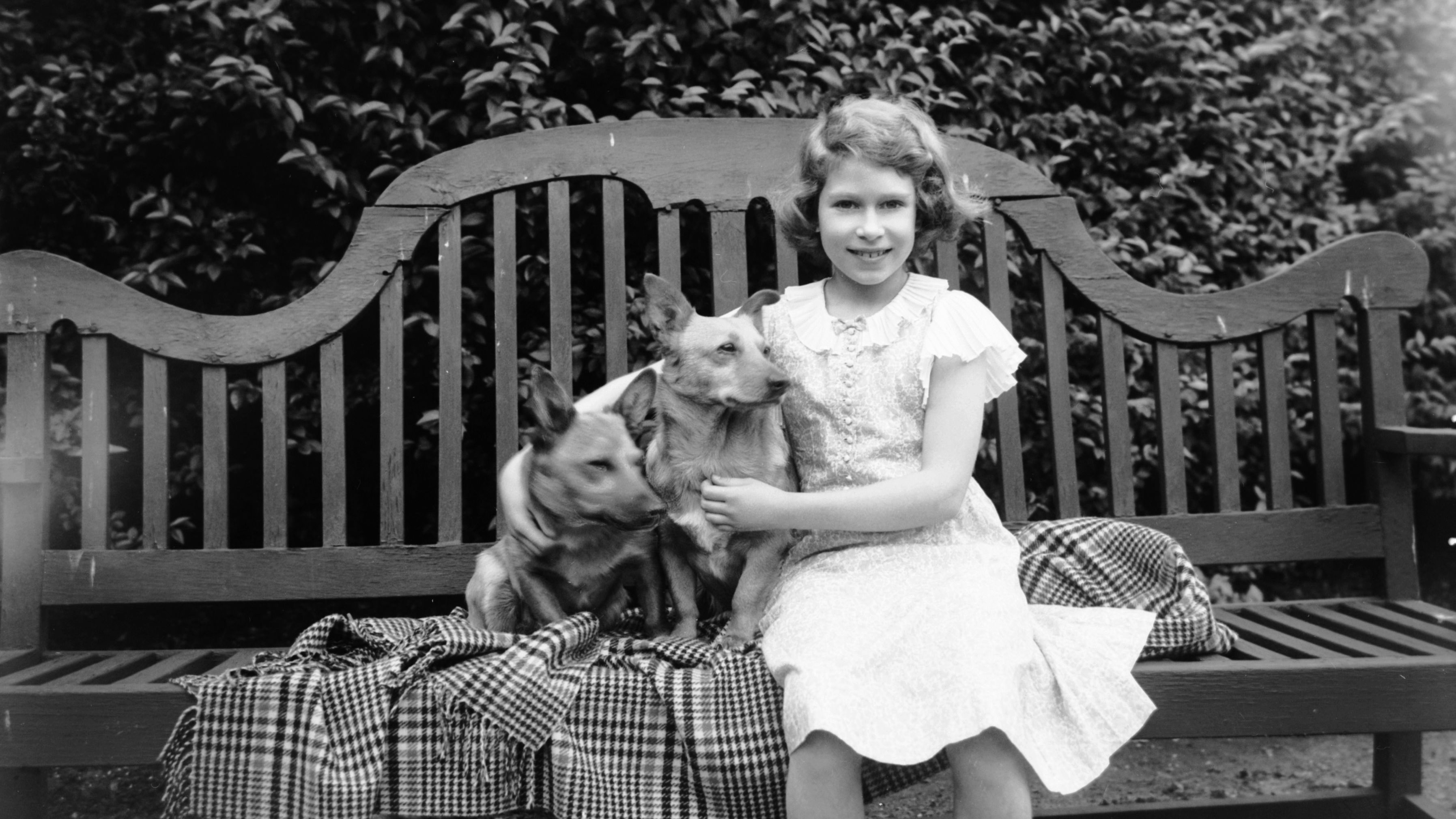
The Queen when she was Princess Elizabeth
At just 10 years old, Lilibet, who until this point had wanted to marry a farmer and raise animals, realized that her whole future had suddenly been mapped out for her.
It's understood that Princess Margaret, the only sibling of Elizabeth, was also highly aware of the consequences of their uncle's abdication.
Sign up to our free daily email for the latest royal and entertainment news, interesting opinion, expert advice on styling and beauty trends, and no-nonsense guides to the health and wellness questions you want answered.
According to royal insiders, the eight-year-old asked her older sister, "Does this mean you have to be the next Queen?" to which Lilibet 'solemnly' replied, "Someday."
Rather than celebrate the news or express envy, Princess Margaret offered her commiserations. "Poor you," she replied.
While the reasons behind this remark have never been revealed, it's likely that the young Marg had some inkling of just how much pressure her big sister was about to experience.
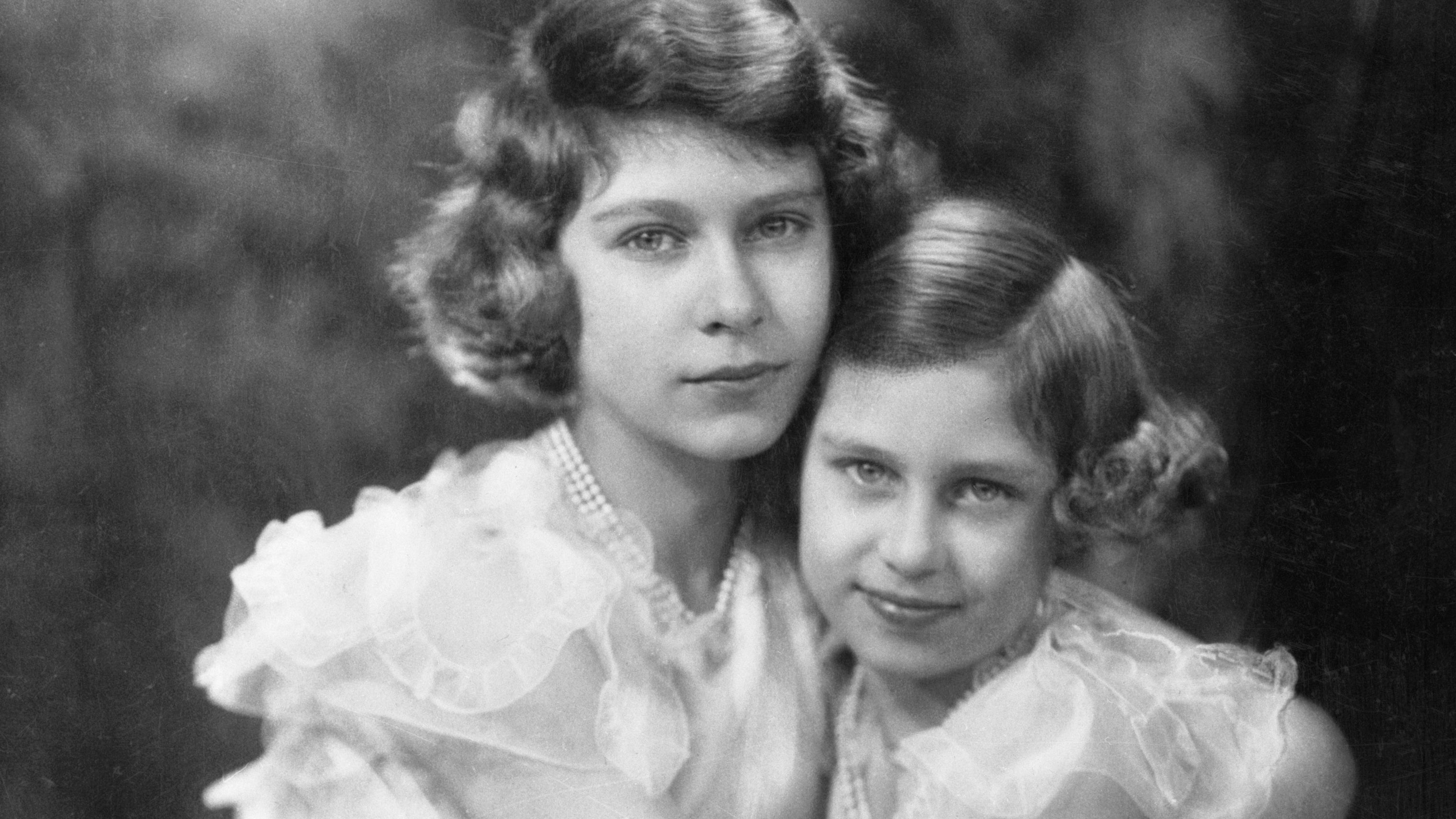
Princess Elizabeth and Princess Margaret as children
Elizabeth's education suddenly became paramount and she was immediately thrust into intensive Queenship training, which included lessons on constitutional history, international affairs, and foreign languages like French. With Europe recovering from World War I and on the cusp of yet another conflict, it was of the utmost importance that the royal adolescent was equipped to navigate an unstable political climate.
This preparation was likely a massive benefit to Princess Elizabeth when King George VI died unexpectedly after a lung operation in February 1952 and she was obligated to fill his position at the tender age of 25.
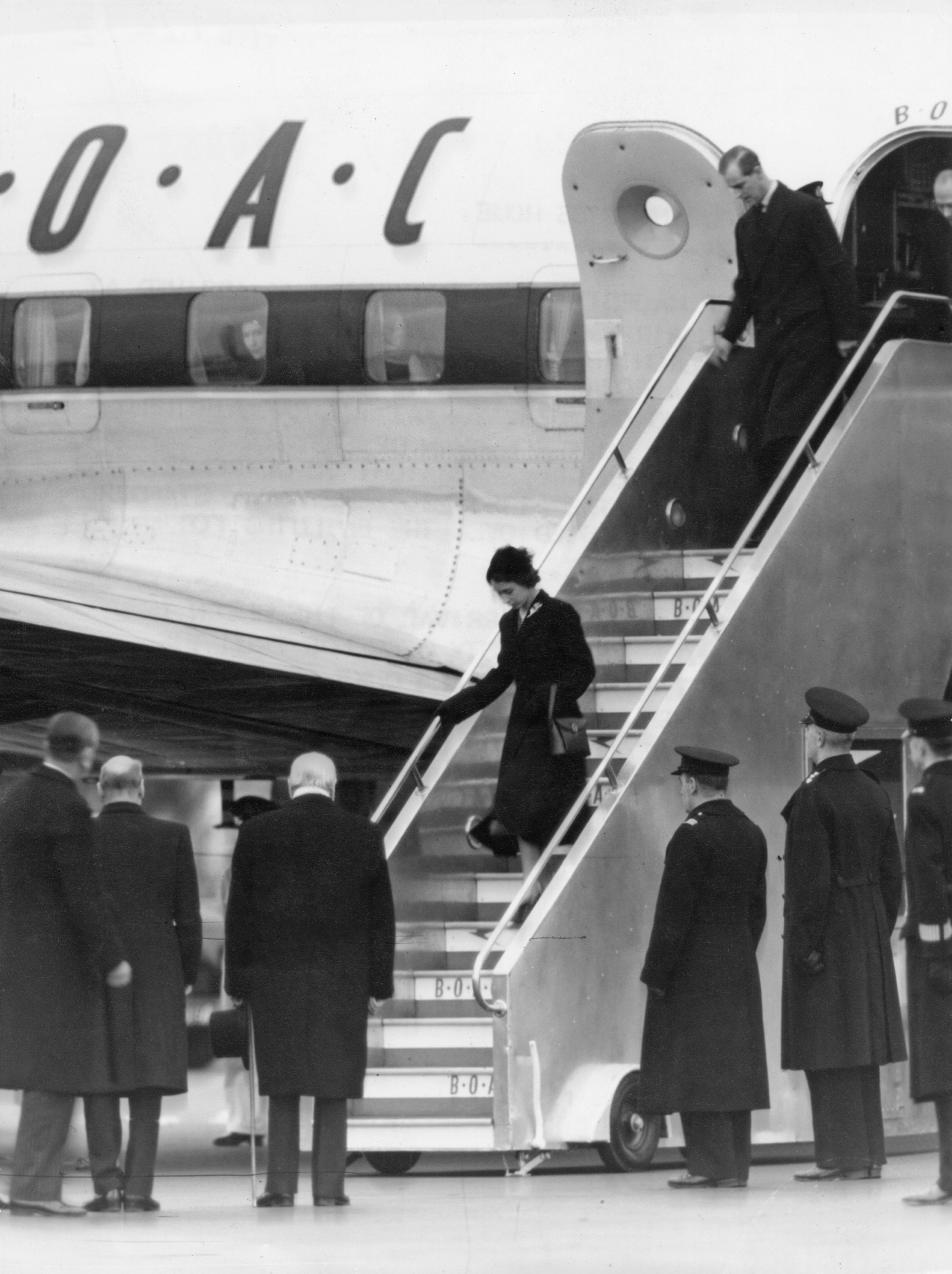
Princess Elizabeth lands in London as the Queen on 7 February 1952, one day after King George's death
It's understood that the Queen was comforted by Prince Philip when she was told of her father's death and asked for an hour alone to gather herself, before quickly embarking on her new role as sovereign.
Fast forward to the present day, and Her Majesty is about to become the first-ever monarch to mark a seventy-year-long reign. The historic milestone will be celebrated by the Platinum Jubilee 2022, which will see the nation enjoy an extended bank holiday weekend and plenty of fun activities this June.
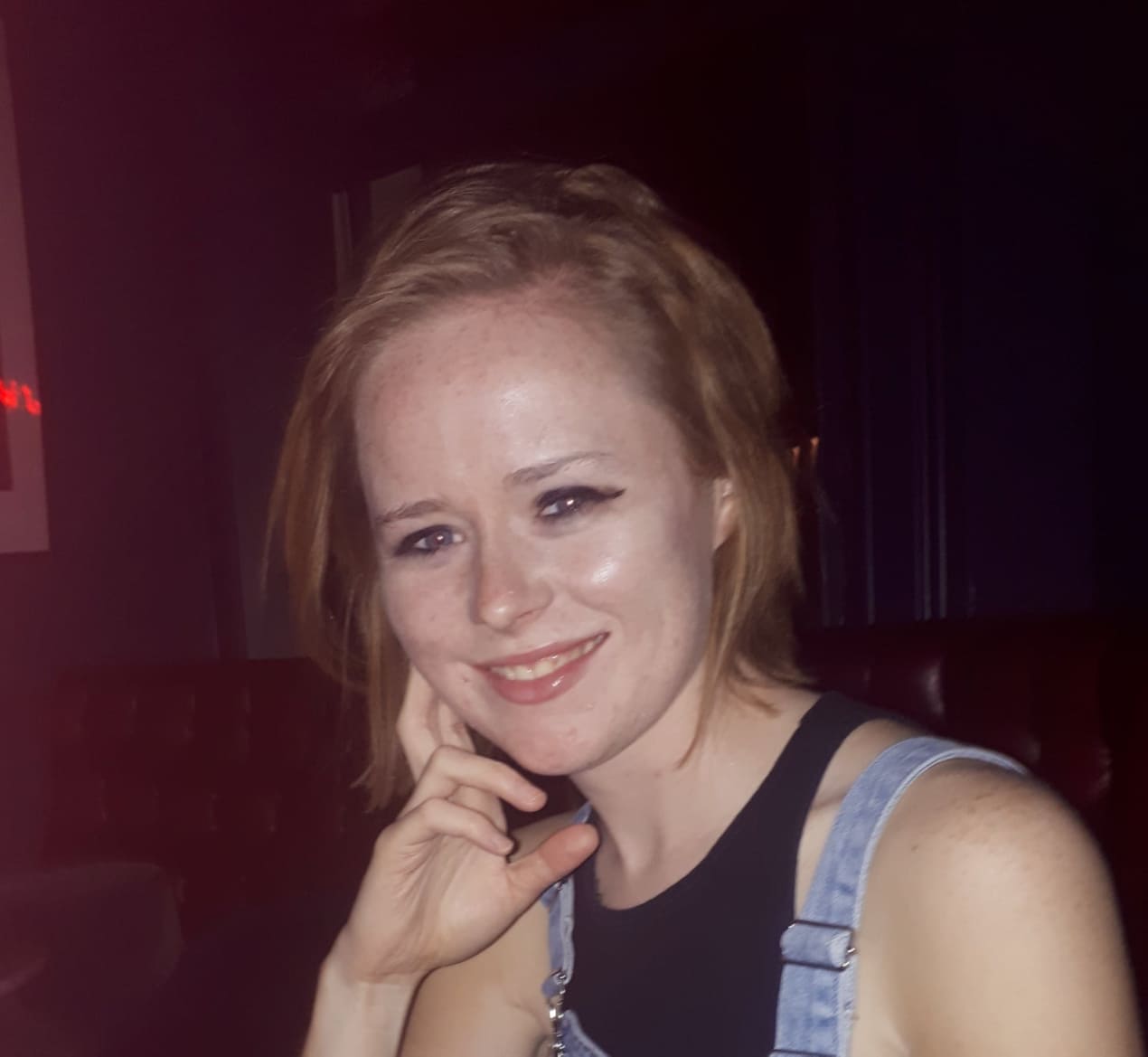
Hailing from the lovely city of Dublin, Emma mainly covers the Royal Family and the entertainment world, as well as the occasional health and wellness feature. Always up for a good conversation, she has a passion for interviewing everyone from A-list celebrities to the local GP - or just about anyone who will chat to her, really.
Emma holds an MA in International Journalism from City, University of London, and a BA in English Literature from Trinity College Dublin.